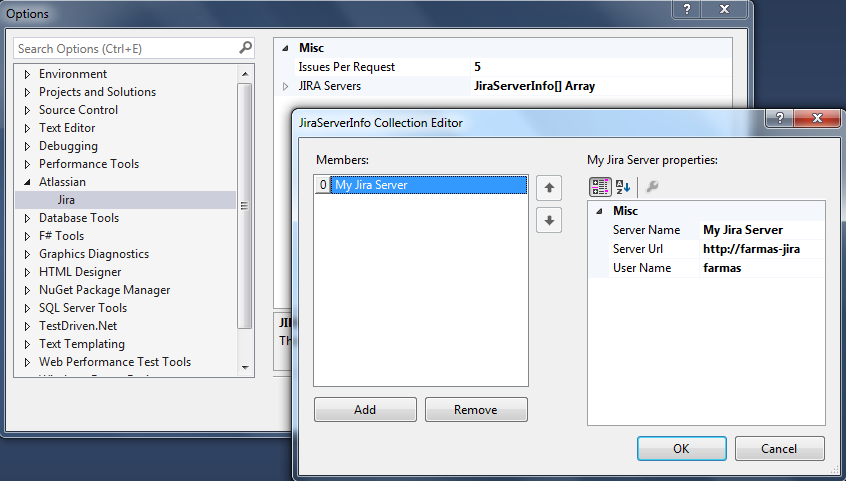What Format For Efi Boot Usb Mac

Short Description of Problem: Option to boot into usb linux was not available during the Mac's boot process. I was unable to get the mac to see any of 4 distros on 3 different USB sticks, trying all USB ports on the computer. (the ports and the sticks are good). Expected Behavior: after creating the sticks on one mac (running e-capitan) I put them into the core2duo mad and held the option key down as I booted.
 Option to boot into usb linux was not available during the Mac's boot process. I was unable to get the mac to see any of 4 distros on 3 different USB sticks, trying all USB ports on the computer. (the ports and the sticks are good). A: Most USB boot sticks are formatted as NTFS, which includes those created by the Microsoft Store Windows USB/DVD download tool.UEFI systems (such as Windows 8) can't boot from an NTFS device, only FAT32. Therefore you need to create a bootable USB device that's formatted as FAT32 instead, then copy the contents of the Windows installation media to it.
Option to boot into usb linux was not available during the Mac's boot process. I was unable to get the mac to see any of 4 distros on 3 different USB sticks, trying all USB ports on the computer. (the ports and the sticks are good). A: Most USB boot sticks are formatted as NTFS, which includes those created by the Microsoft Store Windows USB/DVD download tool.UEFI systems (such as Windows 8) can't boot from an NTFS device, only FAT32. Therefore you need to create a bootable USB device that's formatted as FAT32 instead, then copy the contents of the Windows installation media to it.
I expected the USB stick to appear in the menu selector for the boot drive. Actual Behavior: The boot menu showed only the main HDD and the Recovery Disk (part of the 10.6 OS install). There was no other option visible. Steps to Reproduce: created USB sticks for 3 different 64 bit distros and one 32 bit distro but they would not appear at boot time on a macbook 2006 core 2 duo that has 10.6 OSX installed.
The sticks were created on a different computer (an i3 running el capitan). I tried 3 different USB sticks I tried 1 32 bir distro: Mint-18 I tried 3 different distros 64 bit puppy Linux tahr (ubuntu derived) macpup (based on puppy linux) lubuntu6.0.5 amd 64 (a light weight version of ubintu) I tried selecting the EFI check box on or off in the case of lubuntu with no change in outcome. REFInd is more geared towards serving as a traditional boot manager for dual booting Linux on Macs (or other EFI-based systems, really), not for creating bootable USB sticks, so as far as I know the answer there is no. Yes, the boot loader built should be 64-bit Linux compatible, though it will not boot on systems with a 64-bit EFI. Almost every system on the planet that uses EFI uses 64-bit EFI with a 64-bit OS; but there are a few Mac models (such as yours) which use a 32-bit EFI with a 64-bit OS. Why Apple did this I don't know, but it complicates things. Be sure to build both components -- Enterprise (the boot manager) and GRUB.
You can find both sets of sources at that link. Can hardware older than 2007 even run Mac Linux USB Loader? I know the current minimum requirement is 10.8, and 10.8 will likely be dropped soon anyway, so I don't think it will be worth it. Well yes MAC USB Loader ran fine. I have a slightly older copy than the current one on your site.
I had been planning to do this for a while, not knowing it wasn’t gogint to work. I looked at the Enterprise boot loader on git hub that you pointed me to. I’m confuse about what I do with it. I think you said I need to build it on a 32 bit linux machine. 
But it says something about not building it with certain compilers. And then whet? Does one move this executable to the mac. What try to run it?

Or maybe this is now the boot loader and I put it in some directory location (like where the mac stores the UEFI boot loader)? Is there a binary available without having to compile it? Seems like something you could, if you wanted to, include right in the Mac USB loader.